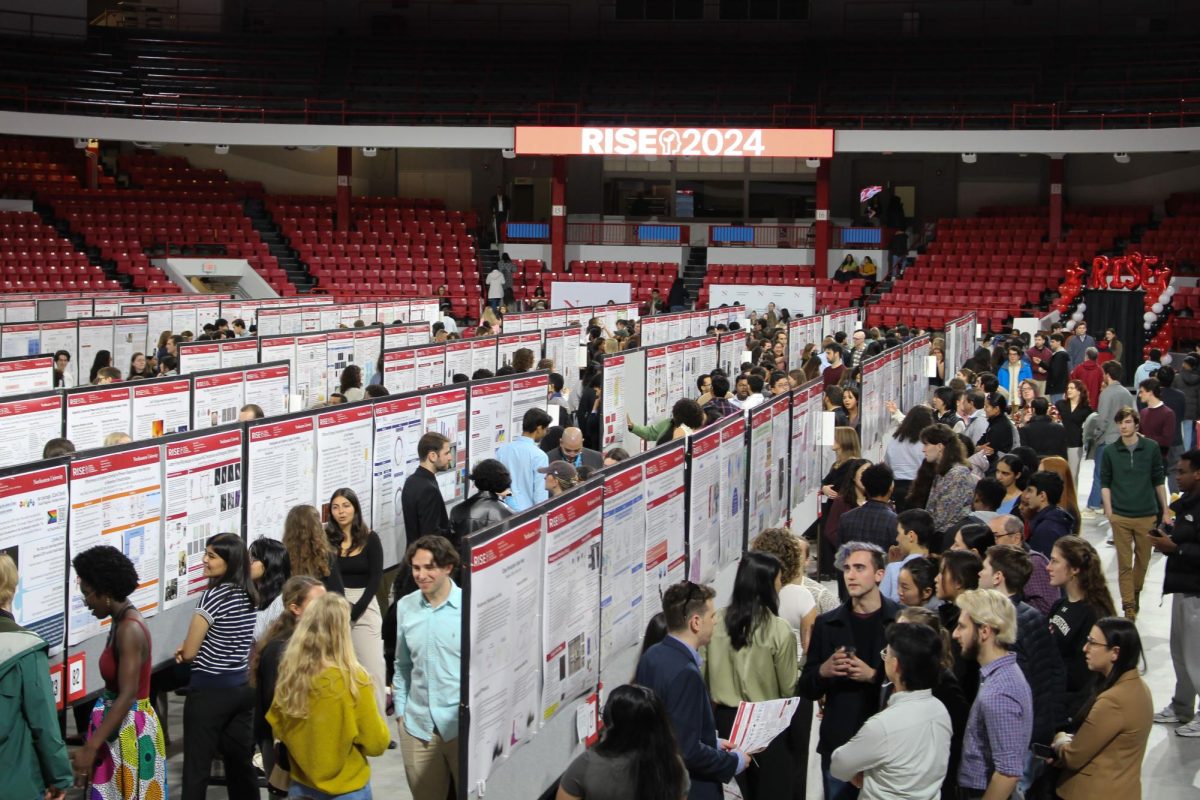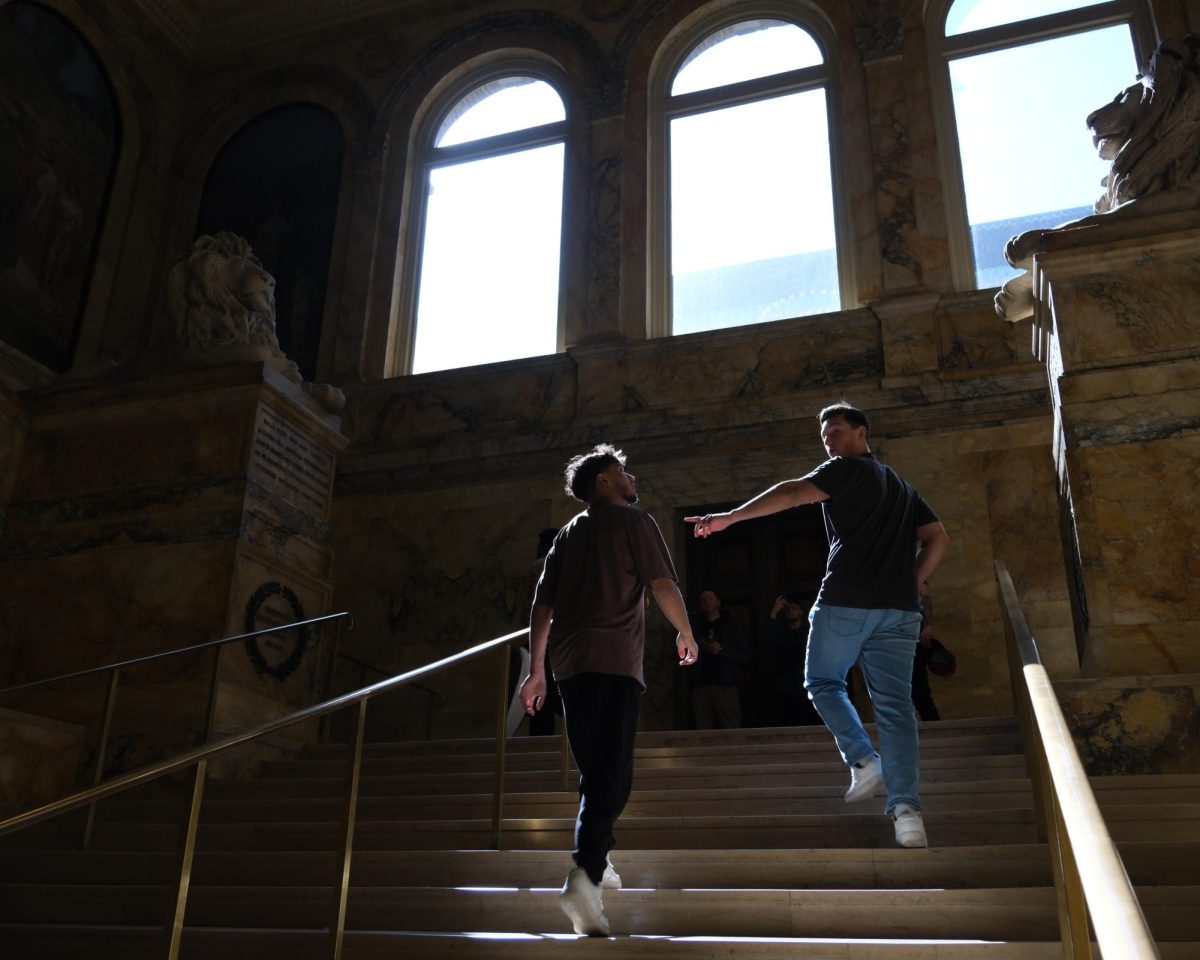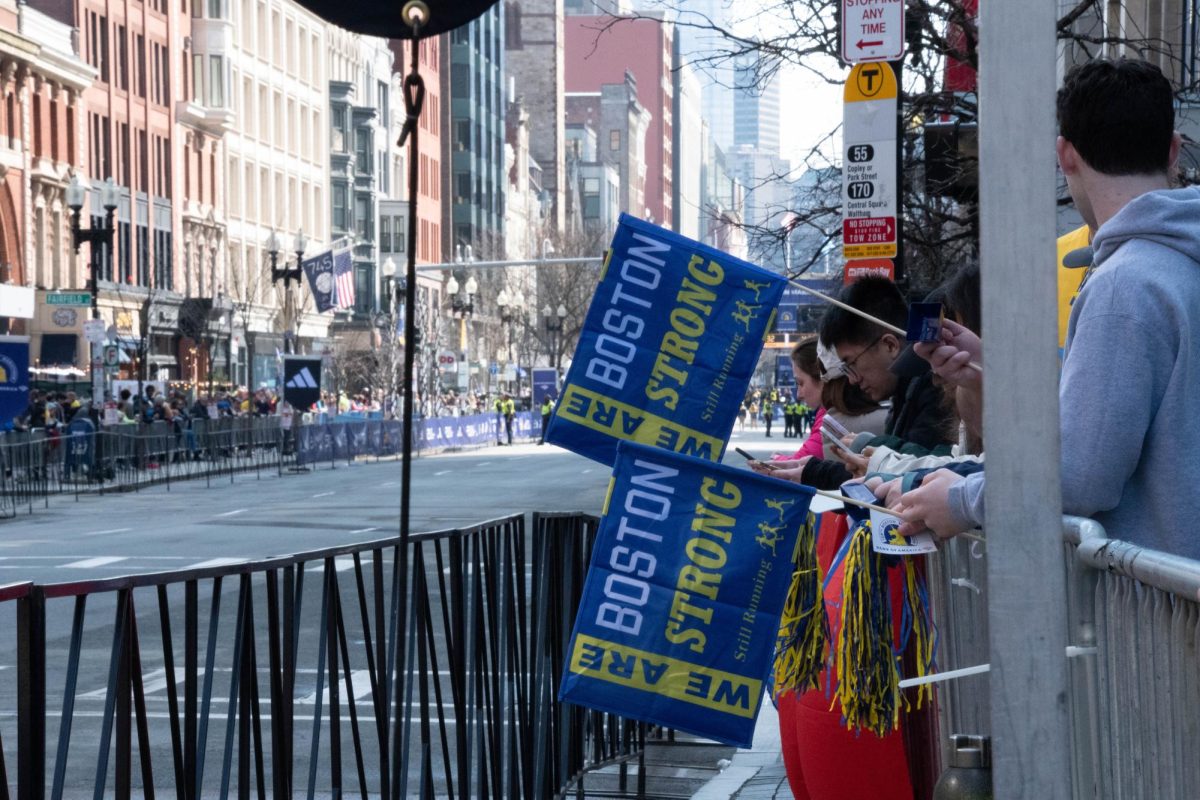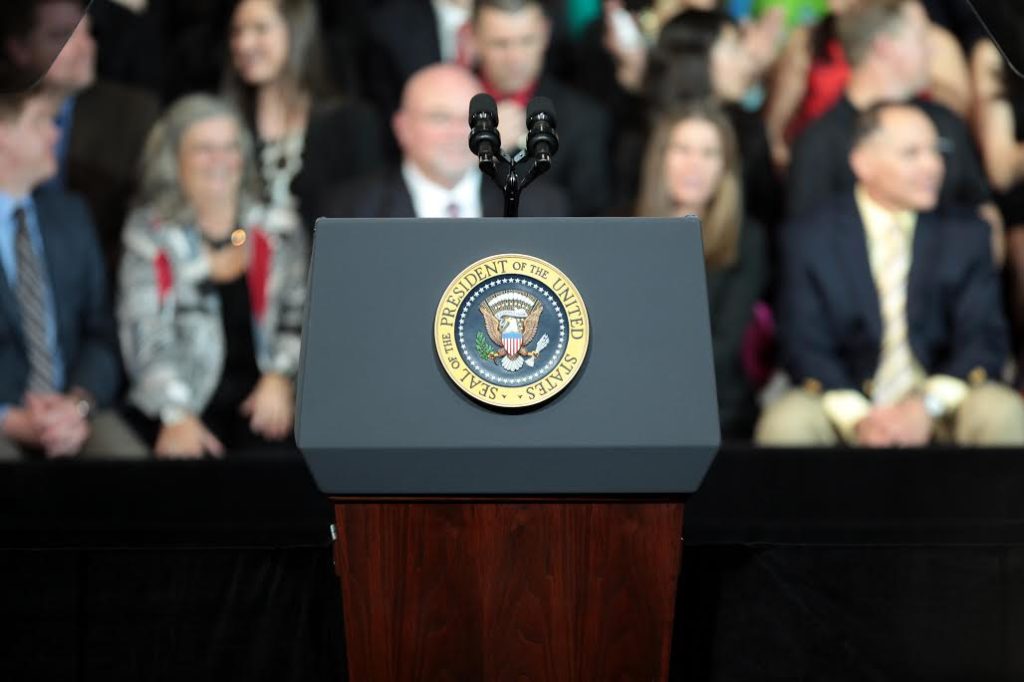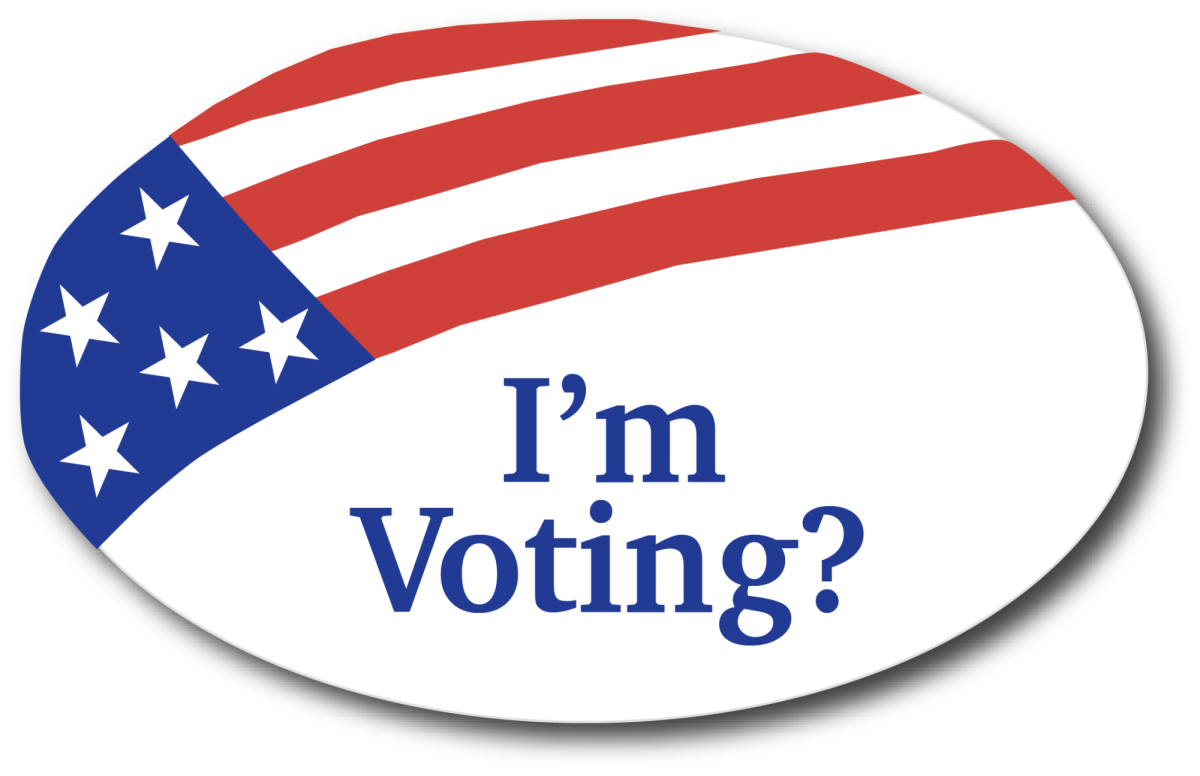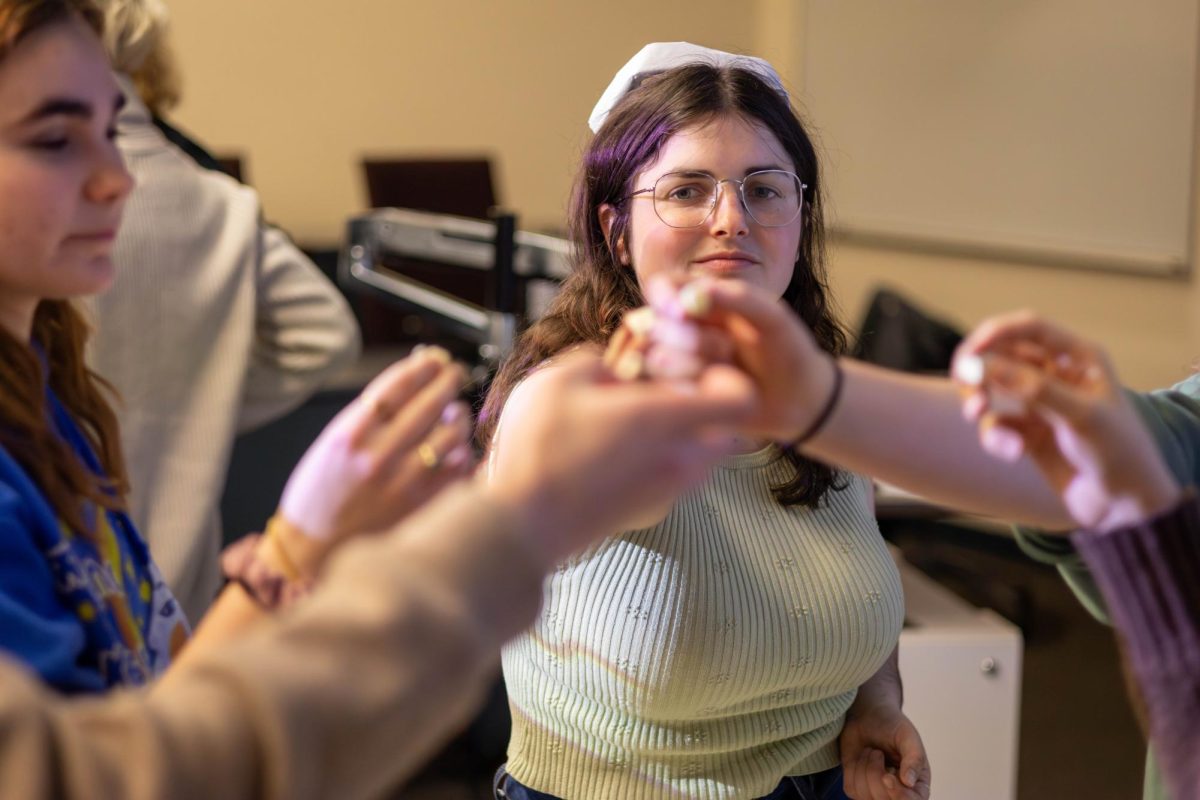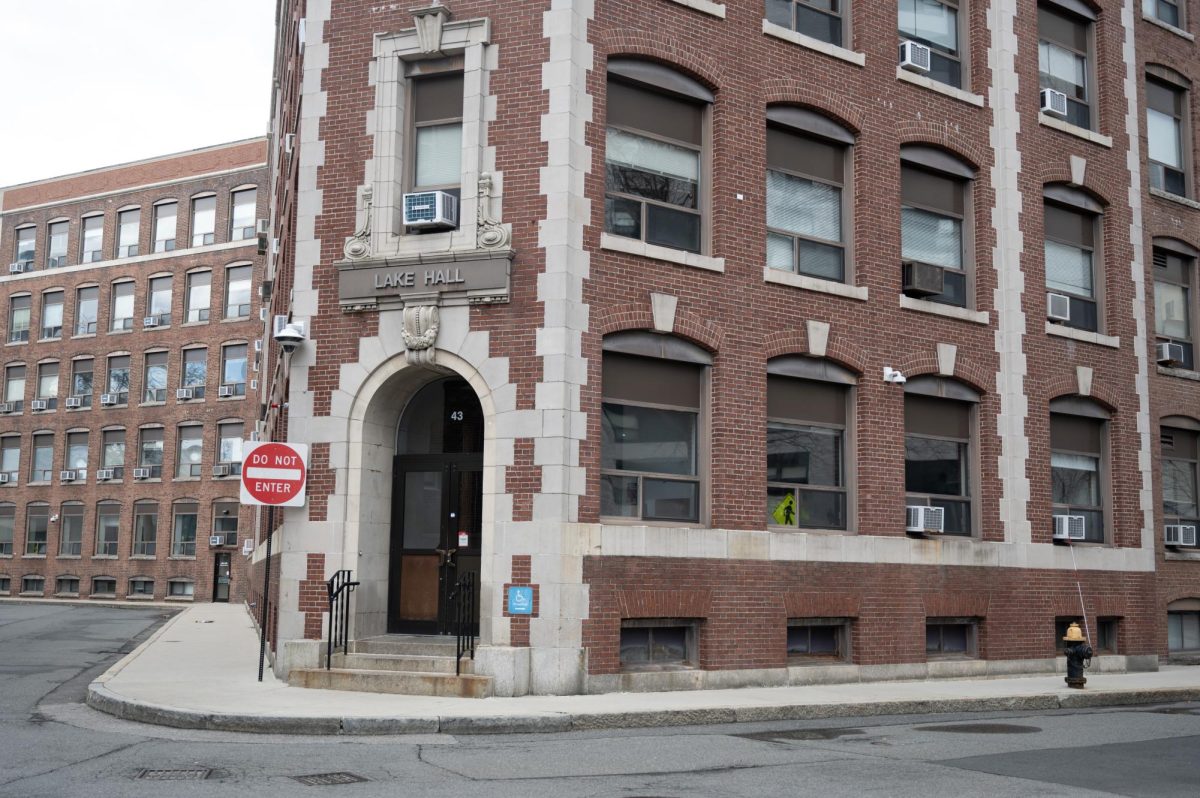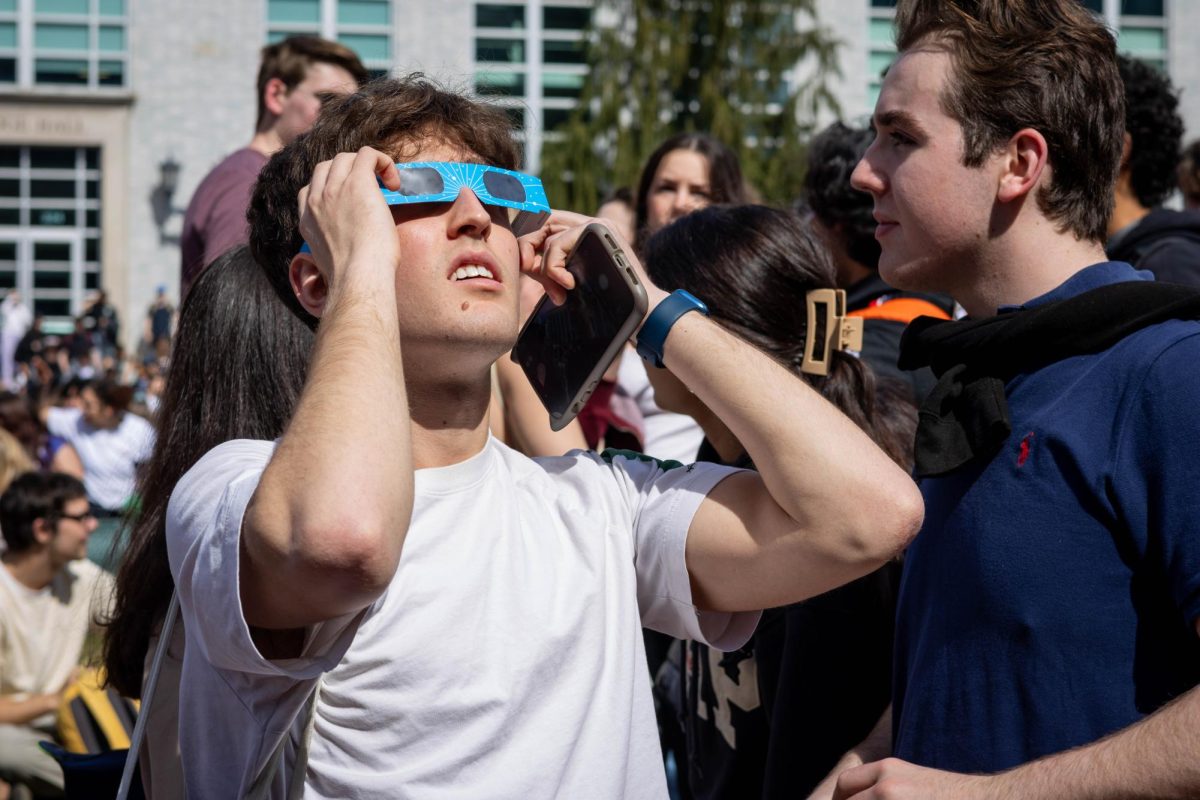By Jillian Wrigley, news correspondent
With Election Day just around the corner, ABC News chief political analyst Matthew Dowd visited Blackman Auditorium on Friday to discuss what has led to one of the most unconventional presidential election cycles.
Dowd addressed biased media, frustration with traditional U.S. politics and how American democracy will move forward after this election. He also emphasized the need for impactful change in the government and urged young people to get involved.
Dowd served as chief strategist for the re-election campaigns of President George W. Bush in 2004 and California Governor Arnold Schwarzenegger in 2006. The bipartisan American Association of Political Consultants named Dowd “Strategist of the Year” for his work on the former campaign.
He spoke about the factors that have caused the U.S. to become fractured and partisan, stressing that advancements in technologies and the internet have played important roles in how we consume news and media. People tend to only search for news that appeals to them, instead of choosing sources with unbiased facts, he said.
“What’s developed in this country is people choosing to pursue information to confirm their biases,” Dowd said. “Conservatives watch Fox News and liberals watch MSNBC.”
Although people have access to unlimited information, Dowd said they fail to distinguish between what is fact and what is opinion. This is the true issue at the heart of the American people’s disagreements, he said.
“If you have an opinion and I have an opinion, we can still come to consensus because they’re just opinions,” he said. “But if two different people have a different set of facts, no one can reach consensus.”
Dowd compared this presidential election to tectonic plates shifting underneath the Earth’s surface, slowly and steadily forming volcanoes that will eventually erupt. Two of those volcanoes, he said, came in the forms of Republican nominee Donald Trump and Vermont Senator Bernie Sanders.
“Bernie Sanders is an Independent, 74-year-old senator from Vermont who was outspent, behind by many points, but created a surge to take on the Democratic party and came close to the nomination,” Dowd said. “Donald Trump is not a Republican. He’s changed parties seven times in the past 10 years. He did a hostile takeover of the Republican party and […] fired all of the executives in power.”
These two candidates were symbolic of a major shift in American politics, Dowd said.
“To me, this signals a rise in people saying, ‘I want something new,’” he said. “To me, this is a rise in people saying they don’t belong to either political party.”
Sophomore journalism major David Leicht said Dowd’s assessment of the decline of American political parties resonated with him.
“I had a lot of preconceptions going into this talk that I think he reasserted,” he said. “I think it’s good to not necessarily pick a party, but to pick what’s best for the country instead of saying, ‘We’re just Democrats or Republicans.’”
Dowd said that while it is likely that Trump will lose the election, the dissatisfaction of the American people toward traditional politics will not go away.
Political entrepreneurs, or people who will come up with different ways to solve political problems, will become relevant in the government sector in the coming years, he said. While there have been major changes in all other sectors of American life such as economics, culture and technology, Dowd said government and politics are ripe for innovation.
“What happens on Nov. 8 is much more predictable than Nov. 9,” Dowd said, adding that even if Hillary Clinton wins, “she’ll win an election where half of her voters did not vote for her, they voted against Donald Trump. This sets up a incredibly dysfunctional environment.”
Dowd asked the audience to look beyond the results of this election and forward to what the outcome means for American democracy and politics.
“What stood out to me about this talk was Matthew Dowd’s view about how this election is really going to be a big election, or rather the aftermath of this election,” said Liam Monohan, a freshman political science major who attended the event. “He talked a lot about a change toward political entrepreneurship and how the current political parties are dying. So there will be a cultural, economic and political change.”
Monohan agreed that this election reflects American frustration and disappointment, but left the lecture with a determined outlook.
“I think this election creates lower standards for future candidates and it highlights the frustration that Americans have,” Monohan said. “So for me, I think I’ll be getting involved more in the future because I want to see candidates reflecting that kind of political entrepreneurship.”
Photo courtesy Gage Skidmore, Creative Commons



